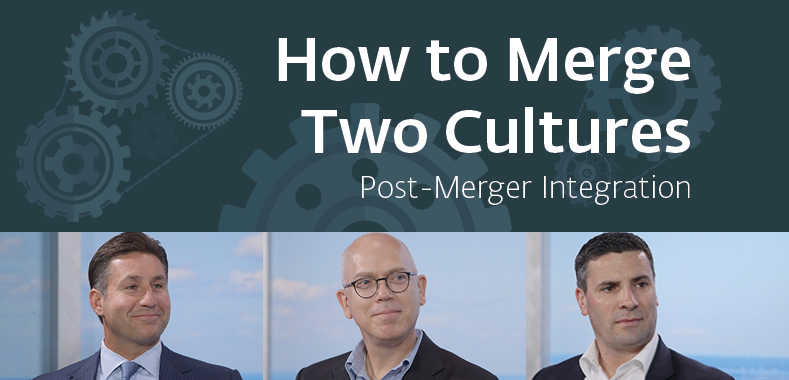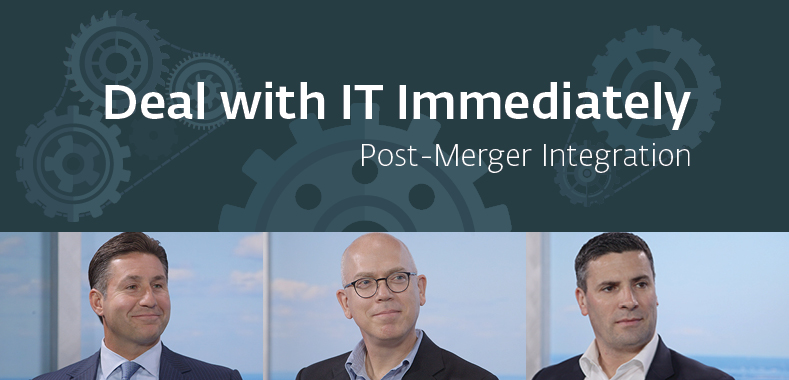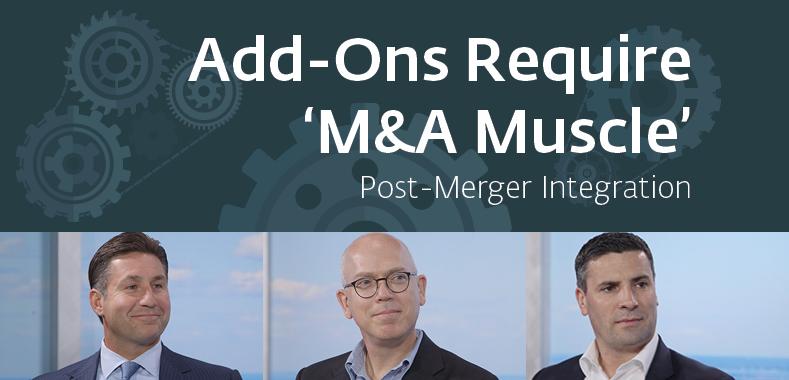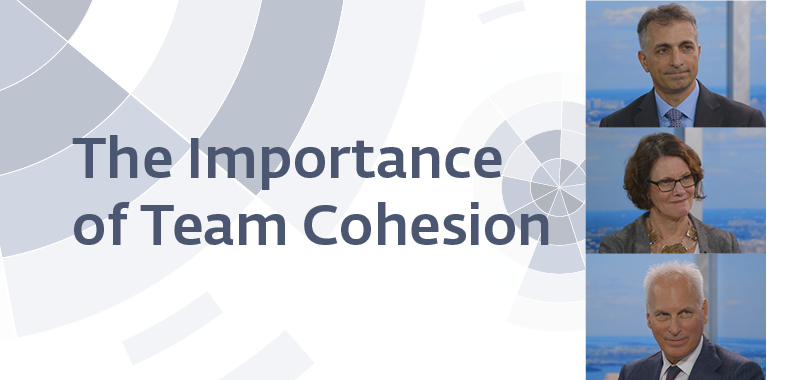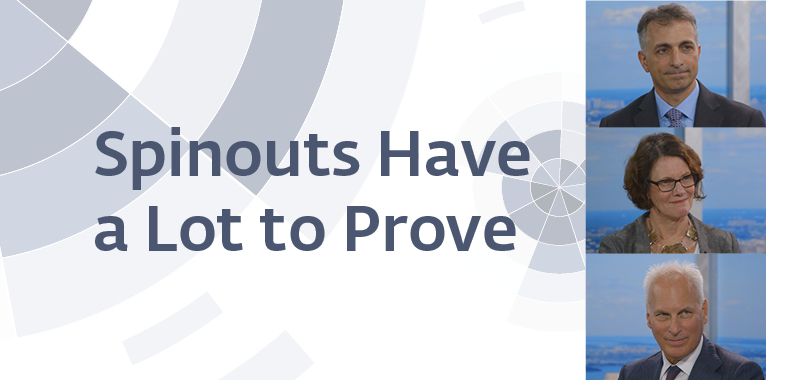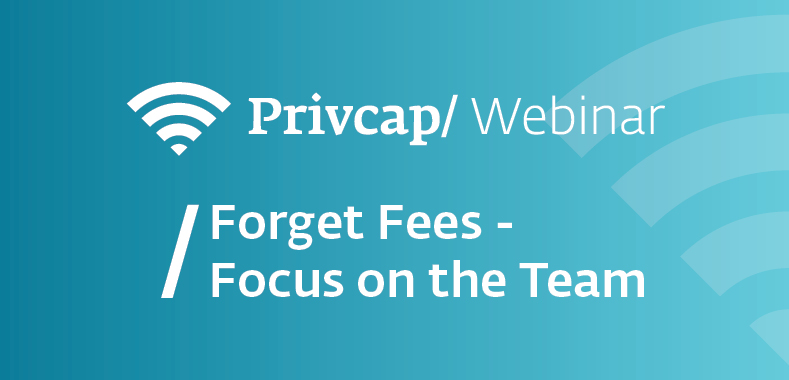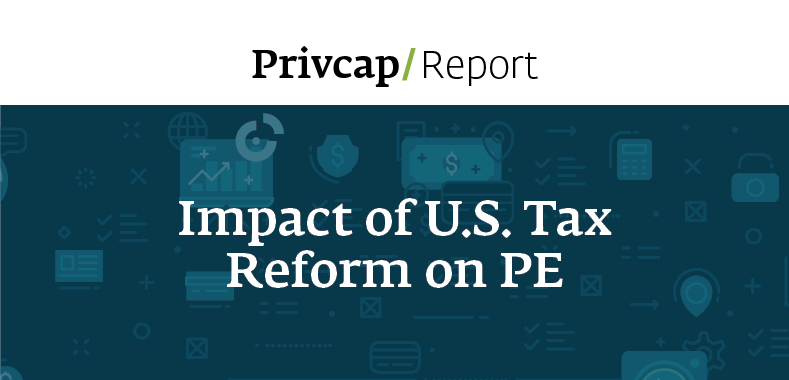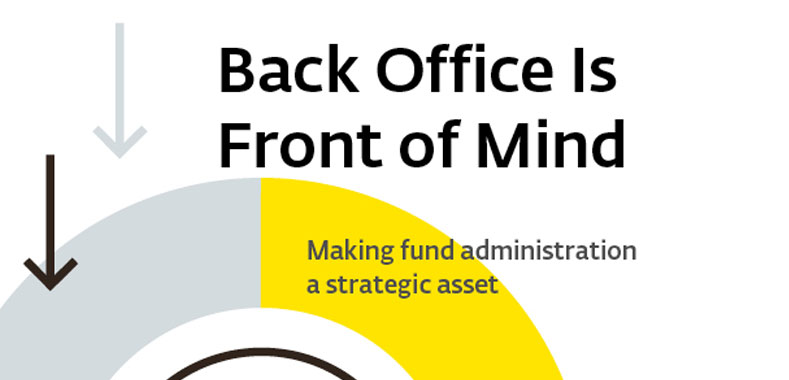How to Make the Back Office a Competitive Advantage
Download the article here
That’s right – Fund administration can take a private equity fund to the next level
The maturation of the alternative asset investment industry has propelled the growth of many related service providers, but few have grown as rapidly and with such significant impact as fund administration.

NES Financial
In the last decade, as general partnerships grappled with the regulatory and investor-driven changes to the marketplace, firms have had to meet more rigorous reporting requirements and demonstrate greater transparency—all while finding investments and structuring deals in a competitive business environment.
While these added responsibilities may be viewed as an onerous distraction from a firm’s primary investment mission by some general partners, fund administration can be done to competitive, cost-saving advantage.
Many administrators have developed the capability to provide cybersecurity, investor onboarding, and enhanced compliance services to asset managers, elevating their role from back office functions to being an integral part of a firm’s competitive profile. The next level is the ability of the fund administrator to amass and then analyze a huge volume of data that can directly support the fund’s most important activity—making good investments.

Convergence
Michael Halloran, chief executive of fund administrator NES Financial, explains: “When you look at private equity and particularly alternative assets today, you have a whole ecosystem of providers out in the marketplace. These are your traditional fund administrators, so back, middle, some front-office services. But in reality, they’re like plumbing. Fund administration needs to become much more strategic.”
The Transition
The financial crisis of 2008 and the multibillion-dollar Bernie Madoff fraud scandal reinforced the need for outside administration, a trend supported by regulators and investors, says John Phinney, CEO and co-president of business intelligence firm Convergence.
“There was already something of a movement, and post- Madoff, most investors said to their managers, ‘You need to use a third-party administrator—I am not gonna get burned.’” Convergence’s own data suggests that 92 percent of U.S. hedge funds, for instance, now use third-party administrators.

Chicago Pacific Founders
The industry is rising to the challenge and expanding the administrative functions that managers can outsource. Technological innovation has helped this rapid expansion, says Michael Wilson, chief financial officer of Chicago Pacific Founders, a private equity firm specializing in healthcare. When he started his career in the early 1990s, he recalls, his firm needed an outside consultant to provide an internal-rate-of- return function in its Excel spreadsheet program, and the calculations took an hour or more. Now, he says, off-the-shelf software does the same thing in less than a second.
As automation increases efficiency, though, the combination of new reporting obligations and market competition has piled more responsibilities on a fund CFO’s plate. Halloran says fund operation now requires superior capacities for accessing and retaining capital while finding opportunities to deploy it. Administrators like Halloran are developing technologies that not only help with the basics—proper reporting and controls, etc.—but transform the back office into a source of strategic advantage.
“Imagine if you had that environment fully integrated, where you could take data from internal performance data on the fund to external data within the sector, maybe within a particular region, and be able to analyze all of that data in real time,” Halloran says. “That’s fundamentally different than anything that’s delivered out in fund administration today. The best funds out there are going to be better, faster, and smarter than the other guy, because they’re able to take data from disparate sources, pull it together, and turn it into actionable intelligence. The delivery mechanism for that is going to be the fund administrator.”
Converging on Cost Controls
Beyond the potential competitive advantages as they relate to the investment process itself, cost controls are an increasingly significant factor in the advantages conferred by top-tier fund administration. As asset managers respond to investor pressures to keep costs down and rein in non-core, non-revenue- generating expenses on the operations side, administrators have expanded their services to provide workflow and expense tracking options that improve transparency and reporting efficiency.
Halloran estimates the annual infrastructure costs of private equity general partnerships at $35 billion a year, and investors are pressing for reductions. “Those costs have to go down, and the value has to become higher,” he says. “They have to be able to do more with less.” Halloran speaks from experience. His firm manages seven times the number of limited partners, and 3.5 times the number of funds per employee, that the leading industry players do, as ranked by AUA.
Phinney, at Convergence, sees expense management opportunities as a major factor in hiring administrators, particularly by managers with funds that are domiciled overseas or have sizable numbers of foreign investors.
“Every advisor will tell you they’re not in the business of running infrastructure—they’re in the business of investing,” he says. “So if I am looking to expand my business, having an administrator who has a presence in an overseas location, that’s record-keeping and compliance requirements I don’t have [to do internally].”
New Rules, Same Goal
Wilson, at Chicago Pacific Founders, welcomes the improved communication and closer relationships with limited partners now embraced by most alternative asset managers. Next-generation fund administration helps strengthen those relationships and position a manager for future success. And with administrators able to quickly and easily report detailed metrics like the total value per invested dollar and distributions per invested dollar, the investor side is better informed and more discerning today than in the pre-crash era.
“In old days if you invested in one of the mega-funds, it was like putting your money in a black box that came out the other end,” he recalls. “Some of them used to report [to their LPs] once a year. I don’t know that you could get away with that right now.”
Much as they can’t get away with viewing fund administration as just another expense.
That’s right – Fund administration can take a private equity fund to the next level.




